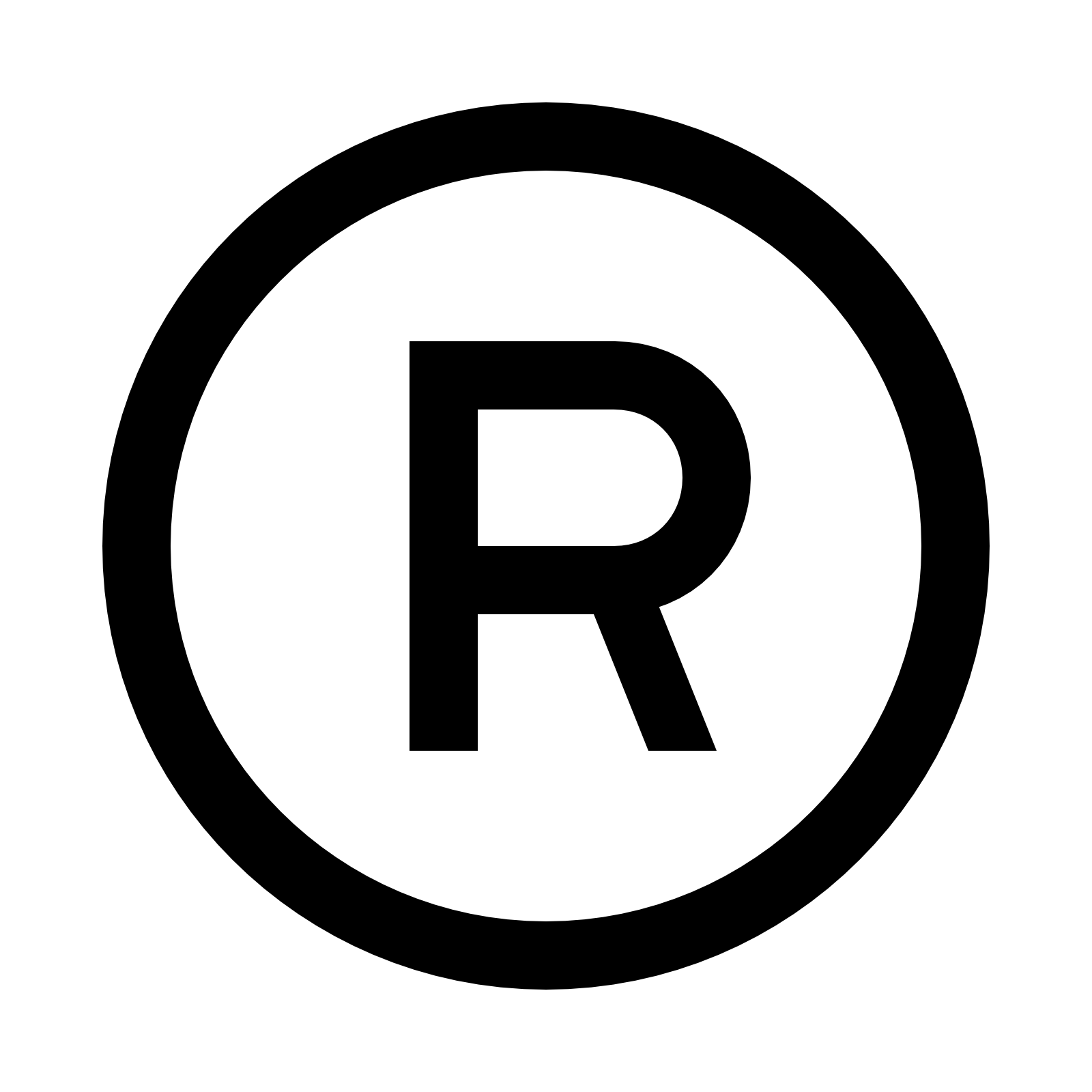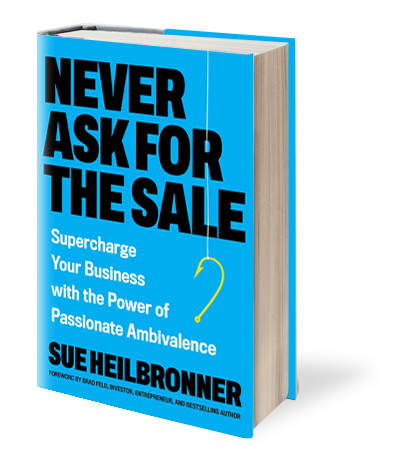Get your Trademark House in Order, Or Else…A Cautionary Tale About Naming Your Company
You read this title and for some reason clicked, which means you, like me, are intrigued by the idea that there could even be a cautionary tale about trademark. That makes us both weird. But here we go.

Today was a day like any other. A few requests for meetings, new intros, etc. One was to a founder of a new company (I’m going to keep this general) with a three-word name. So the name structure was:
X (word) + Y (word) + Z (word).
Before I replied, I visited this person’s company website, and I realized that this name is strikingly similar to the name of another well-established company in the identical space. The older company’s name is:
X (same word) + Z (same word).
Both companies have a national, if not international, reach.
Here’s the thing. When I looked at the newer company’s site, I actually had a moment where I wondered if the newer company was an offshoot of the older company. That ain’t good. In trademark law, that’s decent evidence of confusion between the marks.
I’m not going to get way deep into trademark law here. I’m only a lapsed lawyer, when I did practice I was a criminal prosecutor, and I don’t want to bore you. I do have some experience in this area, however. My brother, Mike Heilbronner, has been a trademark lawyer for decades, founding and growing his firm IdeaLegal. And he and I had the chance to go heads-up with a huge international law firm defending a trademark suit brought by a large company against a startup I worked for (and had named). We won.
So I really wanted to know if this new contact was aware of a possible trademark issue I imagined might be on the horizon. I asked her about it. She replied with two points that I’ve learned are common:
- Our name is X + Y + Z not X + Z, and that’s different
- We “registered the name” two years ago
It struck me as surprising that the US Patent & Trademark Office would have granted that registration. It struck me as unlikely that the first company hadn’t registered its mark or achieved common law rights over its mark. And because I’m a complete nerd, I checked out the PTO site and confirmed that there exists no federal trademark application or registration for the name X + Y + Z. The name X + Z has been registered for 11 years.
I called my brother Mike and explained the situation. He rolled his eyes (we’ve been siblings a long time, so I’m used to this) and said to forget about it. “Why would you tell her?,” he asked. I said I’d tell her because I didn’t want her to have a future problem. Him: “Look, it’s really not any of your business. You asked about it. Worst case, they’ll need to change their name. It’s no big deal.” Beyond the eye-roll, this discussion exemplifies our relationship: Sue thinks something is important, Mike thinks it’s no big deal, Sue tries to convince him it is a big deal, Conversation ends without Sue admitting Mike is right, Sue realizes Mike is right, Sue spends 90 minutes writing a blog.
Here are a few things worth knowing in radically superficial treatment:
- Adding a word to a name does not necessarily differentiate it sufficiently from an existing name to make the 3-word name, say, immune from challenge by the 2-word-named company.
- If you “register your name” with the Secretary of State as part of a corporate filing or if you imagine that a domain registration affords you any trademark protection, you’re largely wrong.
- Trademarks are granted by product/service classification, so a conflict is far more likely when two companies sit in the same exact sector, as these are.
- Companies that have national or international reach face greater risk of challenge from a company that also has reach (and pre-existing rights/registrations/notoriety) because there is no chance of geographic segmentation.
- Likelihood of confusion between the names is a key test in trademark law, and my initial reaction to this situation would actually be evidence if a dispute arose. It ain’t good for the newer company.
I’m sure I’ve written about this many times before, but here’s another reminder: Get your trademark house in order. Yes, you can change your name if you’re challenged, but doing so can be a costly distraction. Hire a trademark lawyer (I think this really matters), do a proper trademark search, and file a registration if your search comes out positive for your proposed name or mark.
For now, I’ll stay out of this one. But I wanted to share this story for the rest of you.
—
NB: My brother Mike is one of the most brilliant, pragmatic thinkers I know. This year he decided to leave the practice of law to pursue things that are more interesting to him. Hat tip, Mike. He’d done so well that he sold his practice to three amazing women. Are you looking for someone insanely strategic and smart to offer insight on planning, M&A, dispute resolution, etc? Reach out to Mike.


